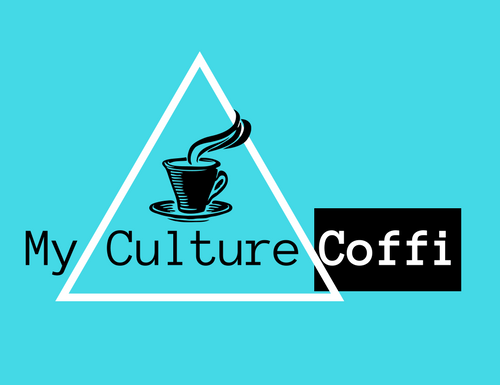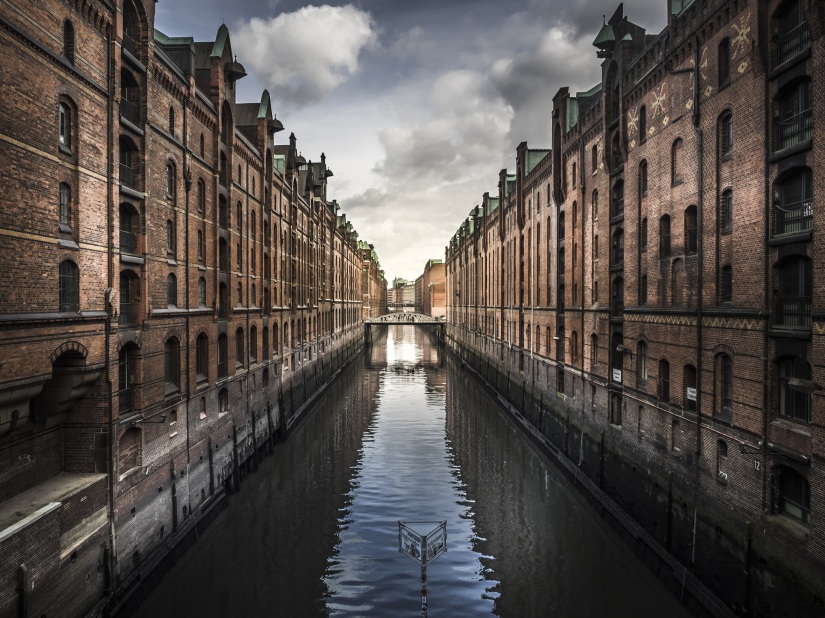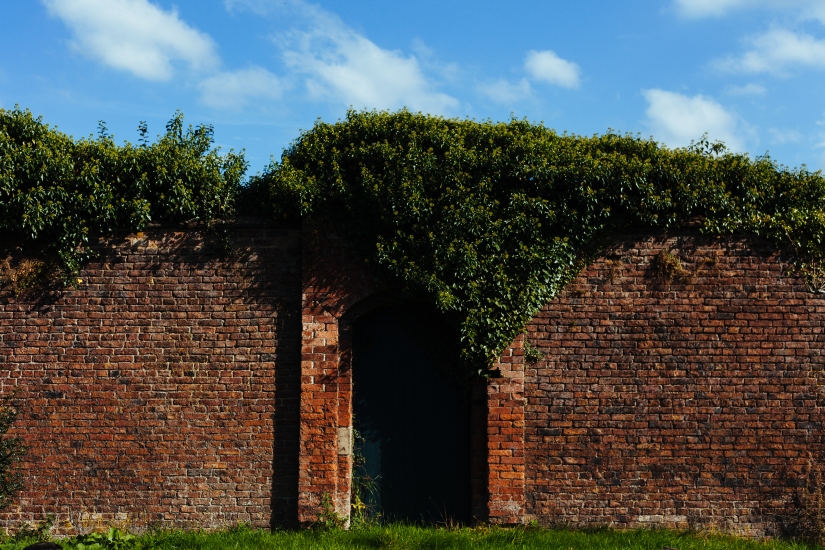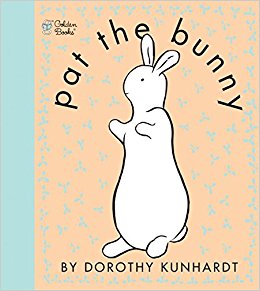Alexander of Macedonia is better known for his title, Alexander the Great.
He was one of the greatest conquerors, because of his far-reaching empire and brilliant military techniques. Through his conquest, Greek culture spread throughout his conquered territory and the Hellenistic Age was born. Along with the spread of Greek art and learning, Alexander also was able to finally eliminate the threat of Persia and quickly become an unstoppable force. His military prowess coupled with his cultural influence on the world are reasons enough why he is known as the greatest conqueror of all times and is deserving of the title, Alexander the Great.
Alexander the Great was the son of Philip II of Macedonia.
Philip II conquered Greece and had plans to continue his empire by overtaking the great power known as Persia. At the age of eighteen, Alexander took charge of the Companion Cavalry and aided his father, Philip II. After Phillip was assassinated by one of his bodyguards, Alexander assumed his father’s throne in a timely, but ruthless manner. “Although few scholars think that Alexander was directly involved in the assassination, he wasted no time dispatching any possible rivals- even instructing his mother… to execute the infant son of Philip…” (Staff, 2004). Although Alexander went through ruthless measures to ensure his throne, his ability to think quickly and consolidate his power served him well throughout his reign.
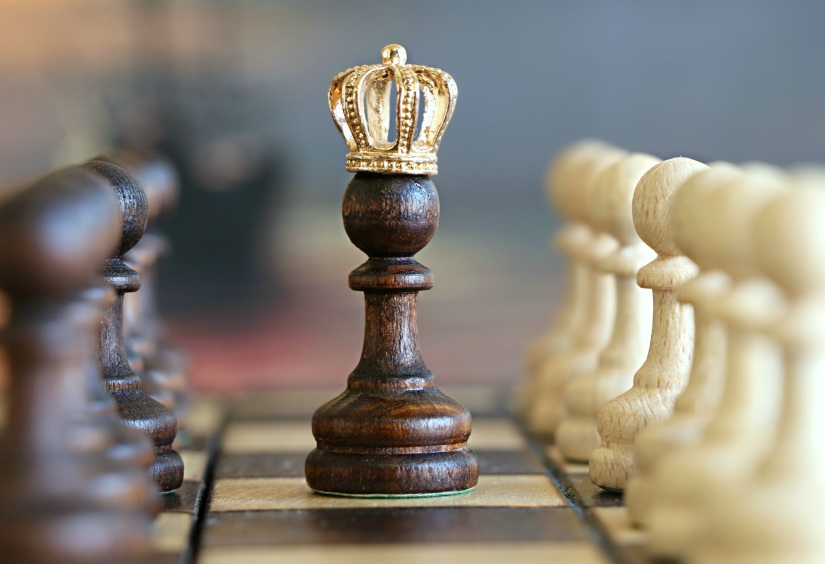
Some people directly attribute his success to his father, Philip II.
While there are people who may say that Alexander the Great’s success was a mixture of luck and Philip’s hard work, it was Alexander’s intelligence, determination, and charisma that led to all of his achievements. Although Philip did unify and strengthen Greece which allowed for the possibility to invade and conquer Persia, it was solely Alexander who was able to keep Greece together and spread this empire further than his father before him had ever dreamed. Though Alexander did inherit a great “military machine” from King Philip II, Alexander must be credited for leading this machine to conquer many countries. Alexander was a tactical genius, showing his brilliance in military strategy through his many conquests. After fifteen years of conquest, Alexander never lost a battle. “From his first victory at age 18, Alexander gained a reputation of leading his men to battle with impressive speed, allowing smaller forces to reach and break… enemy lines before… foes were ready” (Barksdale, 2014). His triumph on the battlefield is reason enough to consider him one and possibly the greatest of history’s conquerors. Alexander gained the respect of the super powers of his day and from other influential countries, such as Egypt. Alexander used innovative techniques in his aggressive action in Persia and with the decimation of the city of Tyre. He constructed major military works to bring down the city’s walls using a bridge called the causeway and with siege towers which furthered his aggressive reputation (Grant, 2011). This reputation of military prowess led to many of his conquests to be achieved with no bloodshed. Because of the triumph, Alexander experienced in Persia the Egyptians accepted Alexander as ruler and made him their pharaoh. Their acceptance of Alexander was not just based on fear, but rather was based on respect for Alexander along with the Egyptians’ loathing of the Persians who had ruled them for a hundred years. This strong foundation built out of the acceptance from Egypt allowed Alexander to supply his growing empire with food such as grain because Egypt was the bread basket of the known world.
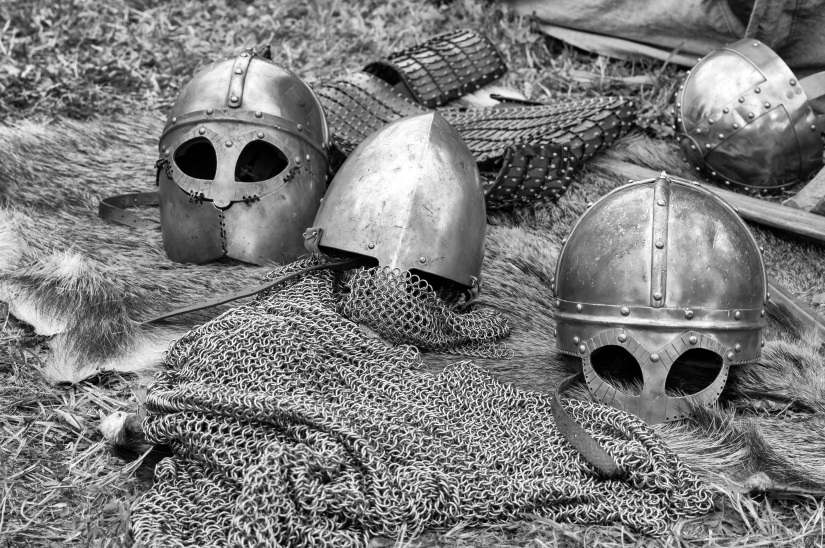
One of the many examples of his military genius is during his battle with Porus, Alexander had to cross the large river known as, Hydaspes.
This was a remarkable challenge because Alexander was unable to lead his men across the river safely because of monsoon season. The Hydaspes River had swollen; resulting in deeper waters. It was then when “Alexander… waged one of the most brilliant campaigns of deception in the history of ancient warfare” (Siggurdsson, 2012). After Alexander established a camp on the riverbank, he then set up most of his forces directly opposite to the main camp of king Porus. “For several days, Alexander used his cavalry forces to range along the Hydaspes, feinting a crossing at one point, making a demonstration at another” (Siggurdsson, 2012). This form of deception led Porus to grow accustomed to the routine marches and also to constant noise. Alexander had chosen to wait for the river to lower and by his strategic mind, Porus was unaware of this tactic. Finally, Alexander decided the time was right and began his assault. With the same use of deception as before, Alexander led a few thousand troops silently to a part of the riverbank where the water had lowered. After Alexander crossed the river, Porus was completely caught off guard and inevitably defeated. Though this was only one example of his brilliance, Alexander also is famously known for making the chariot obsolete during the Battle of Gaugamela, where he crushed Darius’s chariots with his light-armed soldiers (Battle of Gaugamela, n.d.). Alexander the Great proved in the battle against the Persian emperor that a battle is not solely won by its sheer size, but rather by innovation and brainpower. Moreover, Alexander triumphed in battle because of his sharp skills at easily adjusting to any situation.
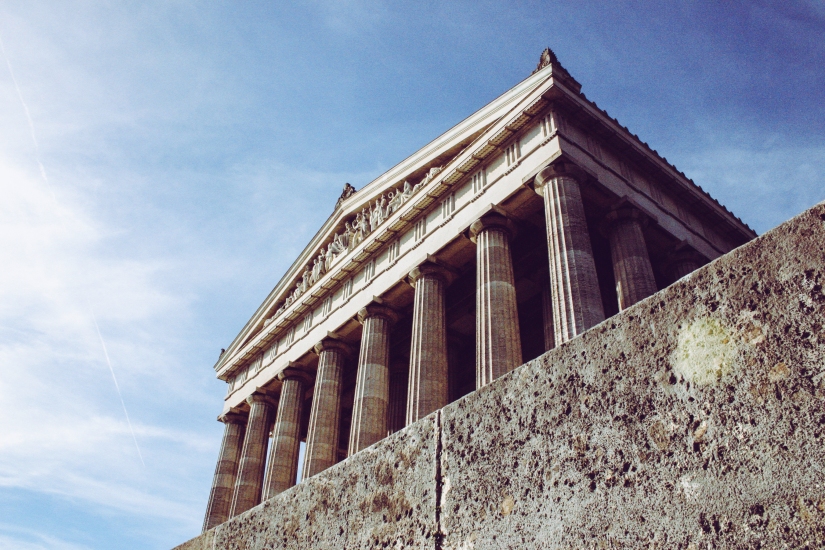
Alexander was a charismatic leader because he embraced the cultures and countries he conquered.
There are a few examples of his insight and logic for gaining support from opposing peoples. When he conquered the Persians, out of respect for their culture, Alexander began to dress like the Persians. Alexander understood how to properly govern his empire, “[r]ealizing that the best way to maintain control of Persians was to act like one, Alexander began to wear the striped tunic…” (Barksdale, 2014). Not only did Alexander adopt cultural customs, but he also had honor on the battlefield which is displayed in his fight against Porus in the Battle of the Hydaspes River. Alexander had crushed Porus’s troops in a swift assault, but Alexander could not bring himself to kill Porus, because of the Indian king’s determination despite his failure to beat Alexander’s army. Not only did Alexander spare his life but also allowed Porus to continue ruling his kingdom in the Punjab. Rather than killing Porus and taking his kingdom, Alexander led his troops onward after a decisive win at the Battle of the Hydaspes River. These examples are a brief insight to the honorable and charismatic man known as, Alexander the Great.

Lastly, Alexander was not only a respected man but also a man of great intelligence.
Alexander was the pupil of the well-known philosopher, Aristotle; teaching Alexander the doctrines of morals and of politics. Aristotle taught Alexander the fundamentals of ethics that contributed to the Macedonian king’s success. “The philosopher imbued his young pupil with a love of Greek art and poetry and instilled in him a lasting interest in philosophy and science” (Bowra, 1965, p. 158). Aristotle’s teachings contributed to Alexander’s campaign by Aristotle’s lessons in logic and critical thinking; leading to the ability to adapt and overcome any challenge. “[a]though his life and talents were mainly devoted to warfare, he handled the political problems created by his military conquests with brilliant originality” (Bowra, 1965). Moreover, this ability allowed Alexander to create brilliant tactics and achieve victory while using them not only in combat but also in how he ruled his empire.
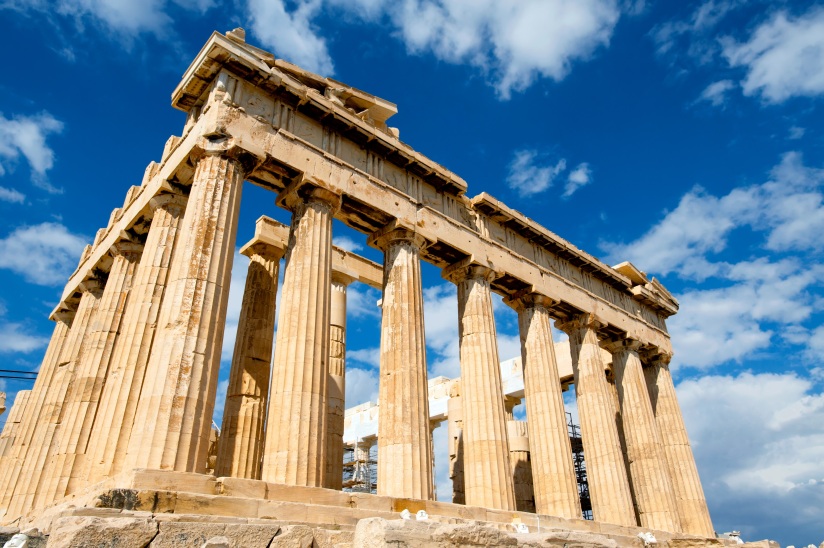
Alexander was a great conqueror, but, more importantly, an incredible man.
Though some may question whether he was deserving enough for his title, there is no dispute concerning his achievements and influence. Just like any other human, Alexander was prone to faults and flaws, his temper being one of them. Does this really make him undeserving when he proved just how great he really was? Aside from his tactical know-how and the ability to govern an entire empire, Alexander was a man who achieved much more than mere conquest through battles. “His life immediately flew into legend, but the reality was more impressive. Alexander lived his life on his own terms, fixed on a heroic ideal of “warfare and a man at war” and dragged the world in his train” (Tsouras, 2004, pp. 106, 107). Alexander created a new Greek world and gave many countries a chance to prosper. After Alexander’s death, one of his generals, Ptolemy, took over Egypt and refurbished the Egyptian culture; allowing them to rise with new power and glory. This is just one of the lasting impacts to transpire during Alexander’s short life. If it had not been for Alexander’s influence and conquest, much of what we know as great ancient innovation would not be prevalent. It is because of Alexander that Greek culture flourished throughout much of the known world, and Alexander’s military tactics contributed to the evolution of strategic warfare.

Do you agree with this estimate on why Alexander the Great was indeed, so great?
Do you have any interesting facts to add to our devotional to one of the greatest conquerors of all times?
As always, we love feedback! Let us know what you think of Alexander and his many accomplishments as the leader of ancient Greece.

Get out there, get active!
~
References
Barksdale, N. (2014, May 13). 8 Surprising Facts about Alexander the Great. Retrieved February 03, 2018, from http://www.history.com/news/history-lists/eight-surprising-facts-about-alexander-the-great
Battle of Gaugamela | 331 BC. (n.d.). Retrieved February 03, 2018, from http://www.britannica.com/event/Battle-of-Gaugamela
Bowra, C. M. (1965). Classical Greece (1975 ed., Great Ages of Man). New York, NY: Time.
Grant. (2011, August 08). Alexander’s Siege of Tyre, 332 BC. Retrieved February 03, 2018, from http://www.ancient.eu/article/107/
Siggurdsson. (2012, May 03). Battle of the Hydaspes River: Alexander the Great Defeats Indian King Porus. Retrieved February 02, 2018, from http://www.burnpit.us/2012/05/battle hydaspes-river-alexander-great-defeats-indian-king-porus
Staff, B. L. (2004, December 10). Top 10 Reasons Alexander the Great Was, Well … Great! Retrieved April 07, 2016, from http://www.livescience.com/11315-top-10-reasons alexander-great-great.html
Tsouras, P. G. (2004). Alexander: Invincible king of Macedonia (1st ed.). Washington, D.C.: Brassey’s.
Media
Gathered from: Pexels

